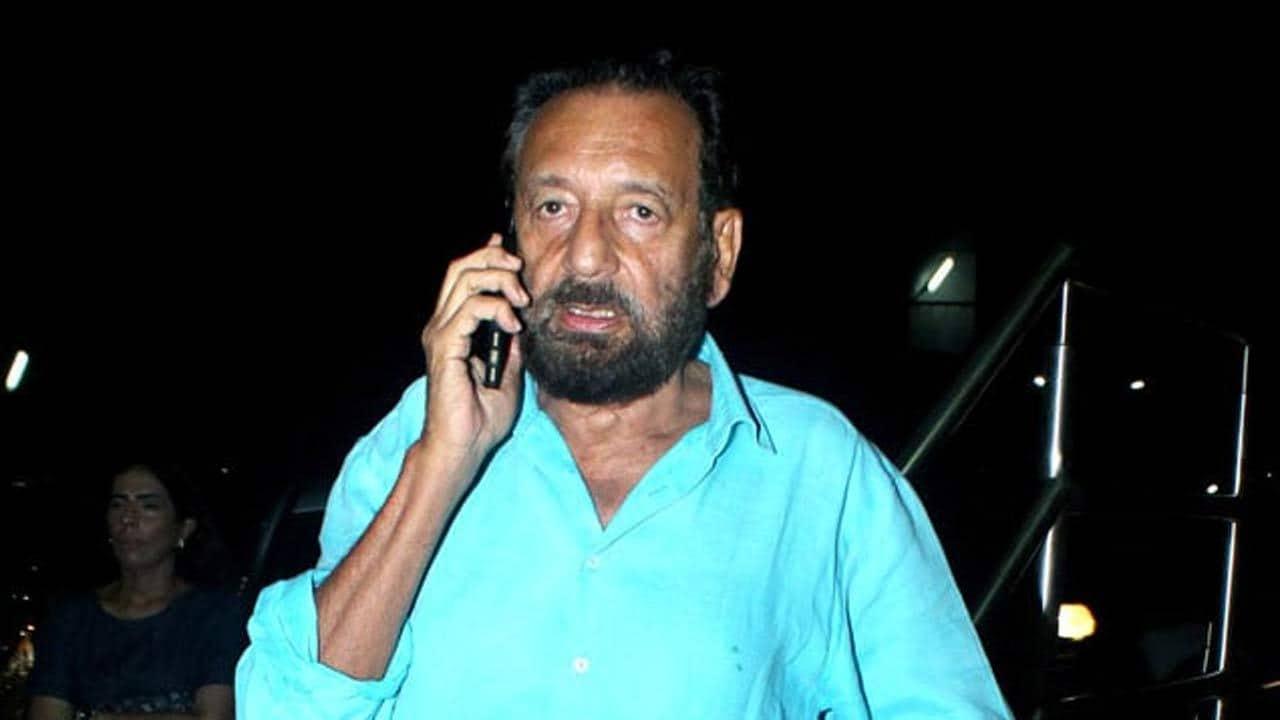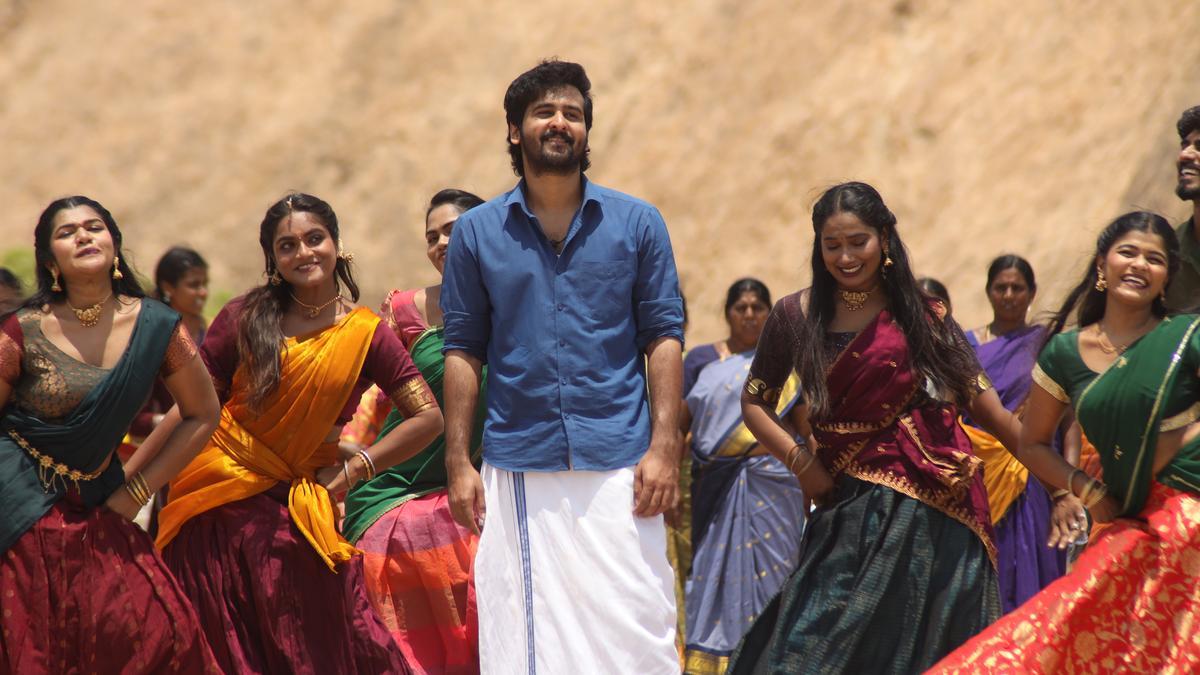
Hideo Kojima, the mastermind behind the critically acclaimed video game “Death Stranding,” has offered a unique perspective on the sequel film “Joker: Folie à Deux.” Despite its rocky reception at the box office and the waves of criticism it has faced, Kojima expresses a firm belief that public perception of the film will undergo a transformation over the next two decades. The movie’s initial figures are starkly underwhelming when compared to its predecessor, which took the cinematic world by storm, grossing over $1 billion. In contrast, the sequel has managed to pull in just over $200 million within its first month of release, casting doubt on its potential to replicate the success of the first film.
In a series of thoughtful posts on social media, Kojima shared his admiration for what he describes as the film’s ingenious narrative and exploration of deep themes around identity. With a keen eye for storytelling, Kojima notes, “The beginning of the film is an animation sequence… depicting a story of Joker and Joker’s shadow,” appreciating the film’s nostalgic nod to classic animations like “Looney Tunes.” This introduction sets the tone for an introspective journey, raising existential questions about the dual nature of the Joker and his alter ego, Arthur Fleck. Kojima challenges audiences to delve deeper into their perceptions: Is it the enigmatic Joker, with his chaotic charisma, that captivates audiences, or is it Arthur Fleck, the troubled soul overshadowing the narrative?
The film does not shy away from exploring these complexities. The courtroom drama that unfolds throughout the movie argues the concept of multiple personalities, engaging viewers in a continuous debate over the character’s true nature. This intricate portrayal does not resonate universally at present, but Kojima is optimistic about the film’s future reception.
. He suggests that as the genre of superhero cinema evolves, the appreciation for “Joker: Folie à Deux” will mature, much like the legendary films and works that were initially underappreciated.
“This film’s reputation will likely change along with the permeation of hero movies to come,” Kojima predicts, indicating a vision of the film becoming a cherished “folie à deux” in the cultural consciousness. Over time, he believes, film enthusiasts will recognize its merits, which might currently be overshadowed by expectations set forth by the original blockbuster hit.
Joining Kojima in his positive outlook is the renowned filmmaker Quentin Tarantino. Known for his own distinct contributions to cinema, Tarantino has recently praised Joaquin Phoenix’s portrayal of the Joker, highlighting the actor’s ability to breathe life into the film’s unique meta-narrative. According to Tarantino, Phoenix’s performance brings a fresh perspective that contributes to the film’s overarching themes, calling attention to the profound duality and layers embedded within “Joker: Folie à Deux.”
The film’s journey from a critical standpoint is an illustration of a broader theme—a reminder of how creative works, criticized in their heyday, often find their way to appreciation over time. This phenomenon is well-documented in artistic genres beyond cinema, echoed in the pages of literary classics and the brushstrokes of beloved paintings, once overlooked or misunderstood.
In conclusion, while “Joker: Folie à Deux” may not have soared with immediate acclaim, visionaries like Hideo Kojima see a future where the sequel is heralded as a cult classic. By urging the audience to engage with the themes and storytelling on a deeper level, Kojima invites a reconsideration of what constitutes success in cinematic terms. As tastes and sensibilities shift, as they inherently do, the film may well find itself at the heart of a redefined era of filmmaking appreciation. Whether or not this prophecy holds true, one thing is clear: discussions and speculations like these continue to enrich the cultural landscape, reinforcing the timeless truth that art, in all its forms, is as much about the future as it is about the present.










